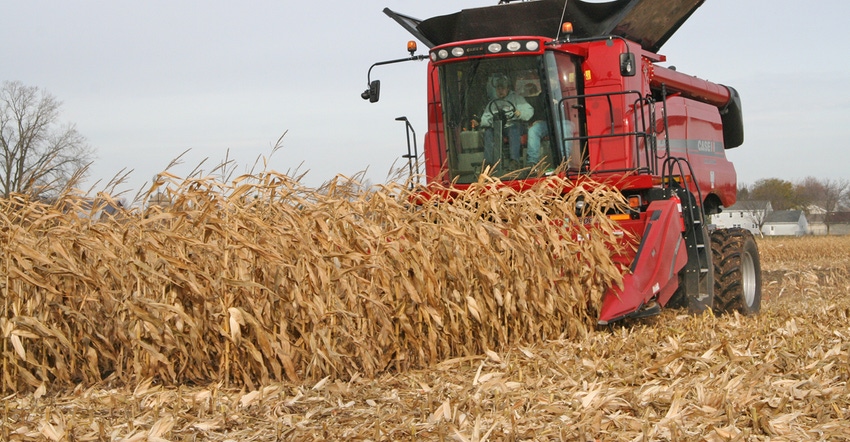September 7, 2018

My neighbor surprised me last month by telling me he is going to quit farming, sell his cows and machinery, and rent out his land. He asked if I would be interested in renting his 175 acres of cropland next spring. He said he was hoping to get $200 an acre but would rent it to me for $175. My son and I farm 220 acres, milk 125 cows and raise 125 heifers. We grow all our forages but buy corn to feed the cows. I’m thinking we might be money-ahead to rent this extra ground and grow our corn next year. What do you think?
Doug Hodorff: I think you should be careful about taking on more land. If your plan is to grow your business, this could be a great addition. Think about some other issues. Will you need to hire more labor or update equipment? Answering a few basic questions like these can give you a better idea about adding this land. If you need the forage to feed your animals, this addition would be beneficial. If this land is close, adding it to your current operation could be a plus. To add land to grow corn for grain may be a little concerning at the current price of corn. When renting land, if it doesn’t work out, you can always stop renting. Now, that’s clear as mud. Rent the land. It won’t come up for rent again for a while.
Sam Miller: This may provide you with a good option. Complete a partial budget comparing the cost to buy corn versus the cost to operate this additional rented land. You will need to estimate the growing cost of corn, including custom planting and harvesting if you don’t have the equipment. Also analyze your existing equipment line and labor to determine if they can handle the additional acreage.
Don’t forget to outline the terms for renting the land, including how many years, fertility expectations and payment dates, spelled out in a written contract. Your banker, farm technical college instructor or Extension ag agent can assist in preparing a partial budget to evaluate this option. Good luck with the analysis.
Katie Wantoch: The continued low crop commodity prices may have many farmers questioning whether they would like to continue farming in the future. Some crop margins may be negative if crop producers have not been able to reduce their costs. I would encourage you to focus on your costs and complete a cost-of-production analysis. University of Wisconsin-Extension’s Dairy Team website has various resources and spreadsheets that will assist you in this process. Remember that focusing only on total costs per acre might cause you to overlook important tradeoffs with respect to productivity. Are you able to complete the additional fieldwork on these rented acres, or will you need to hire custom operators? Current low commodity market prices may be favorable for future feed purchases if you choose not to rent. Reach out to an Extension ag agent, farm business instructor or ag professional to assist in working out the details on this business decision.
Agrivision panel: Doug Hodorff, Fond du Lac County dairy farmer; Sam Miller, managing director, group head of agricultural banking, BMO Harris Bank; and Katie Wantoch, Dunn County Extension agricultural agent specializing in economic development. If you have questions you would like the panel to answer, send them to: Wisconsin Agriculturist, P.O. Box 236, Brandon, WI 53919; or email [email protected].
You May Also Like




